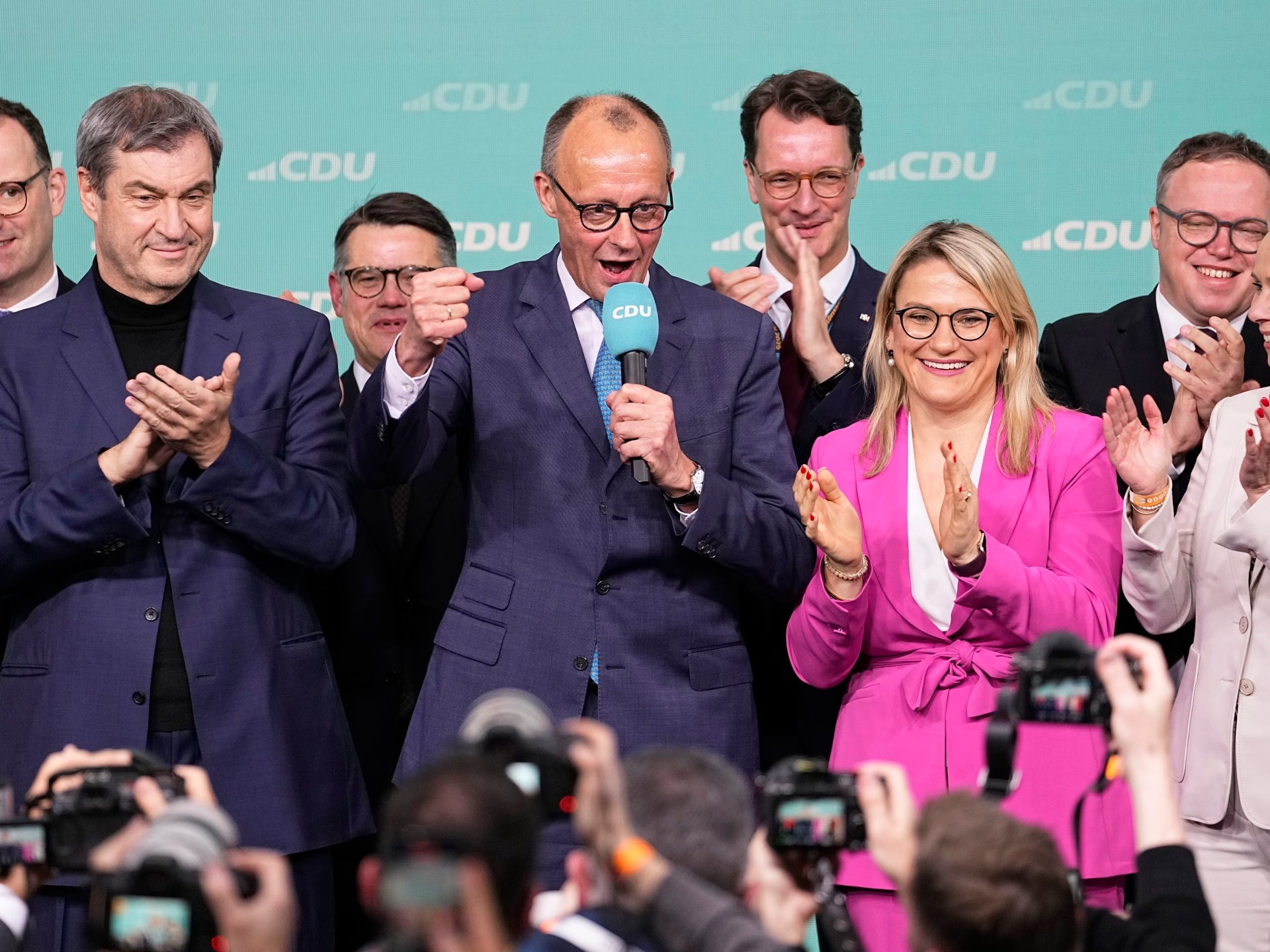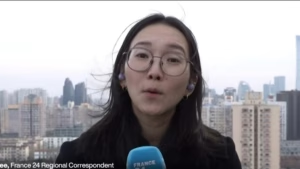As reactions came in, many leaders were cautious and focused on the surge of the far-right Alternative for Germany (AfD) party, which finished second with 20.8 percent of the votes.
Merz, who is on track to become the next chancellor, will face the delicate task of forming a coalition government, revitalizing Europe’s largest economy, and navigating a complex geopolitical landscape.
European Union
European Council President Antonio Costa expressed his anticipation to collaborate with Merz to build a more prosperous and “autonomous” Europe in challenging times.
High Representative of the European Union Kaja Kallas urged the quick formation of a new German government and emphasized the need for swift decision-making at the European level.
United States
President Donald Trump praised Merz’s victory but focused on his own role in it, highlighting similarities in the electorates’ dissatisfaction with previous policies in both countries.
Russia
The Kremlin reacted cautiously, stating that they would have to assess how ties between Russia and the new German government develop.
France
President Emmanuel Macron congratulated Merz and affirmed France’s determination to work with Germany towards a stronger Europe during uncertain times.
United Kingdom
Prime Minister Keir Starmer offered his congratulations to Merz and the CDU, expressing his eagerness to strengthen the ties between their countries.
Ukraine
President Volodymyr Zelenskyy acknowledged the “clear choice” made by German voters and emphasized Kyiv’s preparedness to collaborate in protecting lives, bringing peace, and strengthening Europe.
NATO
Secretary-General Mark Rutte congratulated Merz, stressing the importance of increased defense spending and expressing his anticipation for collaboration.
Israel
Prime Minister Benjamin Netanyahu congratulated the CDU and its Bavarian sister party, the Christian Social Union, on their election victory and looked forward to strengthening the partnership between Israel and Europe.
Some leaders, however, shifted their focus to the AfD’s success.
Hungary
Prime Minister Viktor Orban refrained from congratulating the winning alliance and instead praised the far-right, expressing his belief that change was needed in Germany.
Italy
Deputy Prime Minister Matteo Salvini highlighted the growing influence of the far-right in Germany and called for changes in Europe, emphasizing issues like immigration, Islamic fanaticism, and environmental policies.
Austria
The leader of the far-right Freedom Party of Austria criticized the establishment’s approach to immigration, security, and economic policies, claiming that the “firewall” to keep the AfD out of power had been breached.

Jewish groups expressed concern over the gains made by the far-right, with the leader of Germany’s Central Council of Jews, Josef Schuster, expressing his shock and highlighting the potential danger posed by a party with connections to right-wing extremism.







